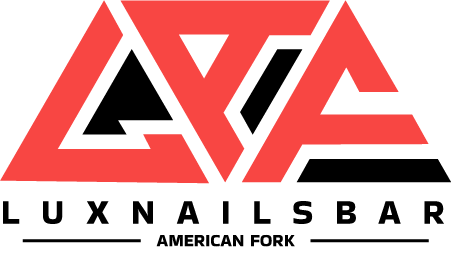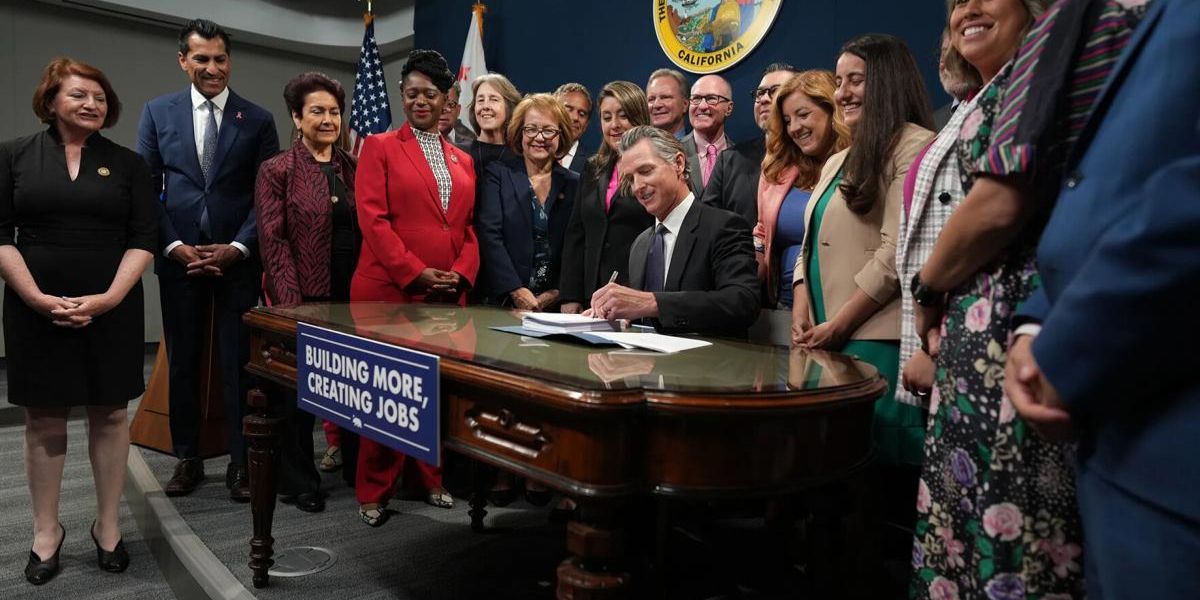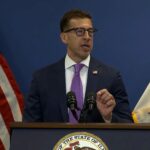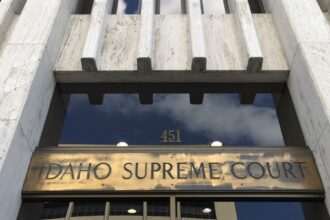The state of California was directed by Governor Gavin Newsom to maintain the phased-in ban immediately following the signing of a congressional bill by President Donald Trump, which overturned the 2035 gasoline-powered car prohibition. Rob Bonta, the California Attorney General, filed a lawsuit to prevent the moratorium from being overturned.
“We won’t let this illegal action by Trump and Republicans in the pockets of polluters stand in the way of commonsense policy to clean our air, protect the health of our kids and compete on the global stage,” said Newsom in a statement. “I’m signing an executive order to keep California on track with our world-leading transition to cleaner cars.”
Republicans in California contend that this standard is unattainable and that the infrastructure and funding are inadequate to satisfy the governor’s requirements.
“California faces many challenges in reaching another unrealistic goal set by the governor. These include not enough energy capacity, poor infrastructure, and too few public electric charging stations,” said state Sen. Transportation Committee Vice Chair Tony Strickland, R-Huntington Beach, to The Center Square. “Currently, we need at least 2.1 million public charging stations to meet the earlier mandate, and California has fewer than 200,000.”
In 17 states, these standards have been adopted in part or in full. The Advanced Clean Cars II passenger vehicle regulations, which prohibit the sale of new gasoline-powered vehicles in 2035, have been implemented by 12 states, including California and the District of Columbia. Due to the preponderance of the American population in these states, this prohibition would have affected 40% of the nation’s automobile market.
The EPA has permitted California to regulate its own emissions, provided that it obtains a waiver from the agency for each standard that is more stringent than the federal standard. This is due to the fact that California’s vehicle emissions regulations, which were established to address the state’s notorious and toxic pollution, predate the agency.
Federal law preempts state law, as stipulated by the Supremacy Clause of the U.S. Constitution. Consequently, these waivers are essential. States are permitted to participate in either the national standard or California’s standard with respect to air regulations.
To overturn the Biden administration EPA’s December waiver for California’s phased-in ban on new gasoline-powered passenger vehicles, which would take full effect in 2035, Republicans invoked the Congressional Review Act, which enables Congress to overturn executive agency regulatory decisions within 60 legislative days.
The 2026 model year is the starting point for the implementation of EV requirements under ACC II, which encompasses a significant number of vehicles that are currently on the market. In order to adhere to the program, thirty-five percent of the 2026 model year vehicles produced by manufacturers and sold in California and other states that have implemented the full ACC II standards and schedule must be plug-in hybrids or electric vehicles. manufacturers have the option to purchase credits from other manufacturers with excess credits for each vehicle they are short on, or to pay a $10,000 fine for each credit they are short on.
Even in California, which is the leader in national EV adoption, the EV market share as a percentage of new car sales is declining. In California, the EV market share is only 20.8%. Consequently, qualifying vehicle sales would need to increase by 68% almost immediately in order to satisfy the state’s standard.
It is probable that other states will be prohibited from implementing the policy in light of Trump’s decision to overturn ACC II. Nevertheless, Newsom’s order, which reaffirms his previous executive order N-79-20, has the potential to further confound matters.
The California Air Resources Board was mandated to establish regulations by N-79-20, which was issued in 2020. These regulations mandated that new passenger vehicles and commercial freight trucks be 100% zero-emission by 2035, and that the state’s heavy-duty vehicles be 100% zero-emission by 2035. California’s agencies were also directed by N-79-29 to establish regulations that guarantee the state will achieve its objective of becoming carbon-neutral by 2045.
All 11 states that had signed on to ACC II, including Colorado, Delaware, Massachusetts, New Jersey, New Mexico, New York, Oregon, Rhode Island, Vermont, and Washington, are included in Bonta’s lawsuit in support of California’s emissions standards.
According to Bonta’s lawsuit, the CRA asserts that its authority is limited to federal agency regulations of general applicability, and that California’s waiver is a matter of specific applicability to California.
The Trump administration is confronted with a significant challenge as a result of the combination of Newsom’s order and Bonta’s complaint. This is indicative of the opposition party’s reliance on the courts to mitigate the steady expansion of government power over time.









